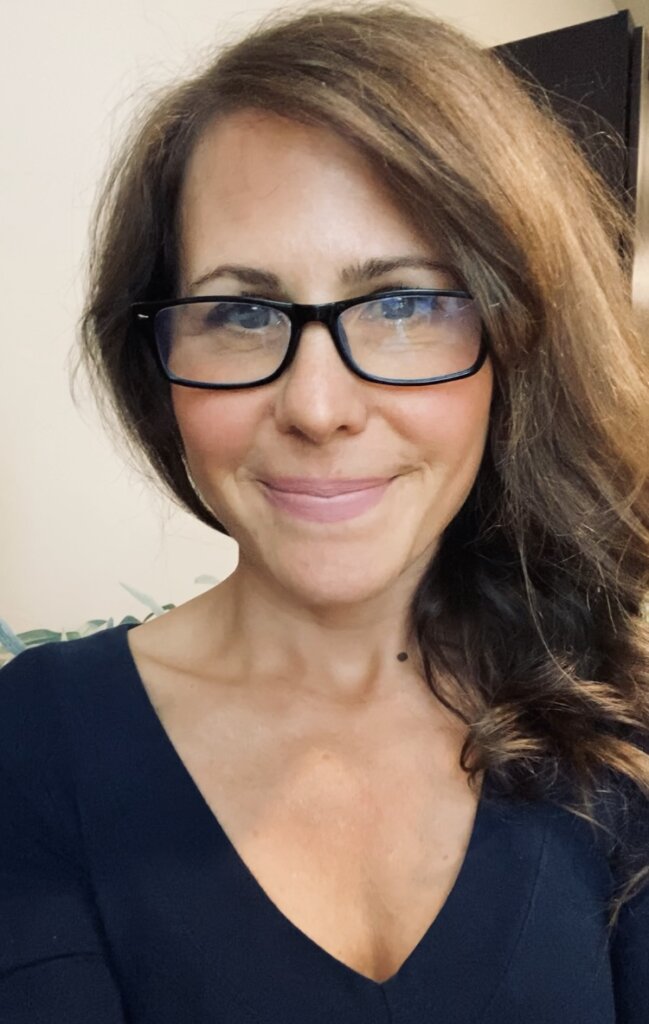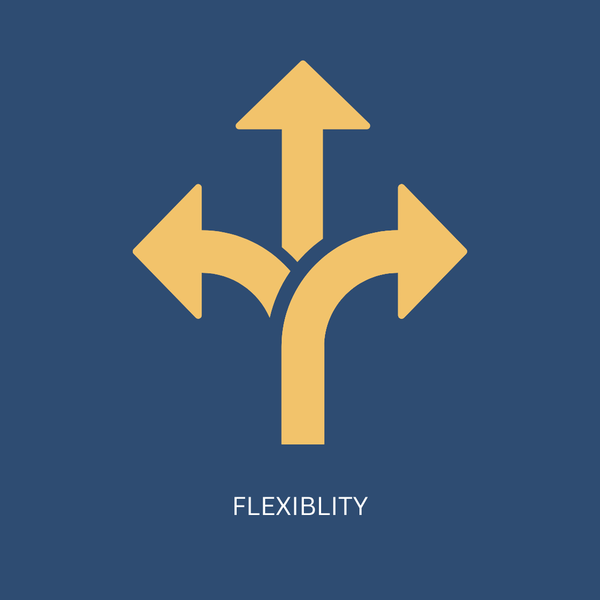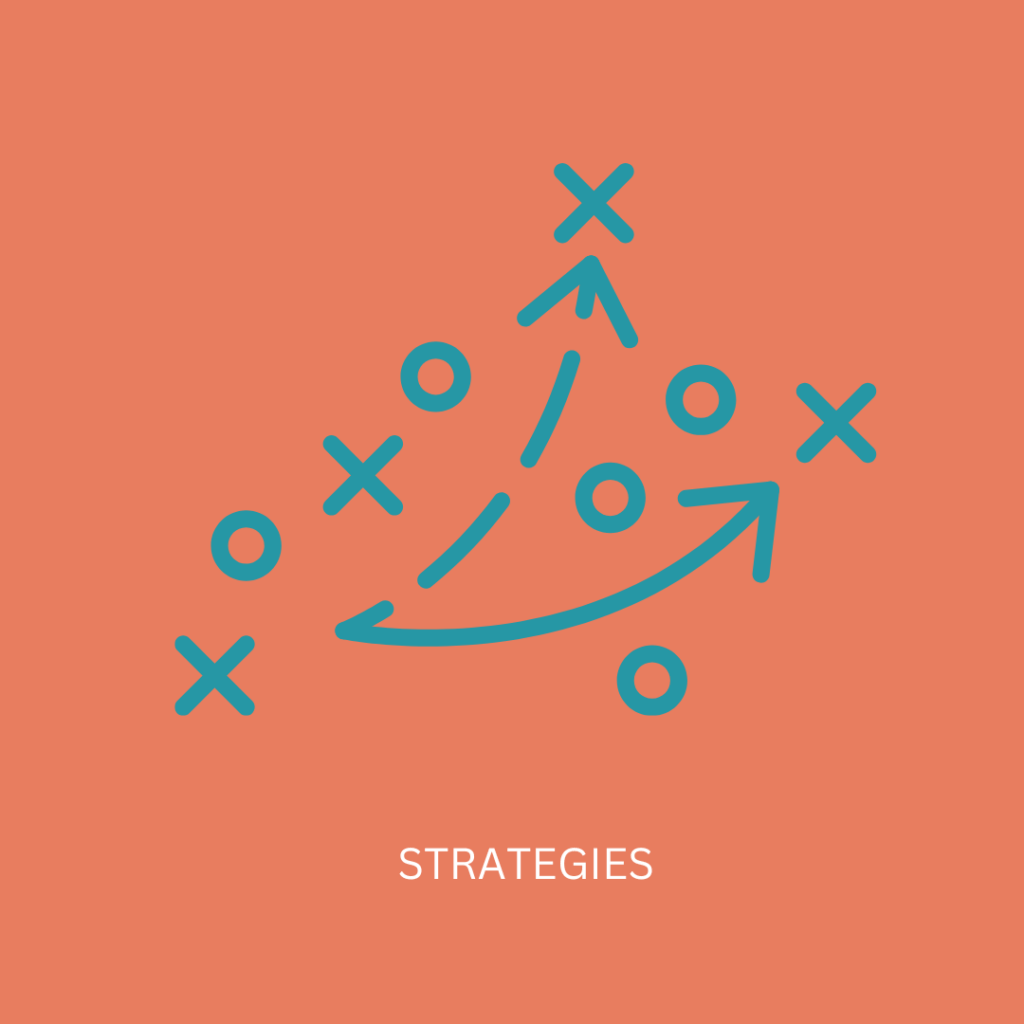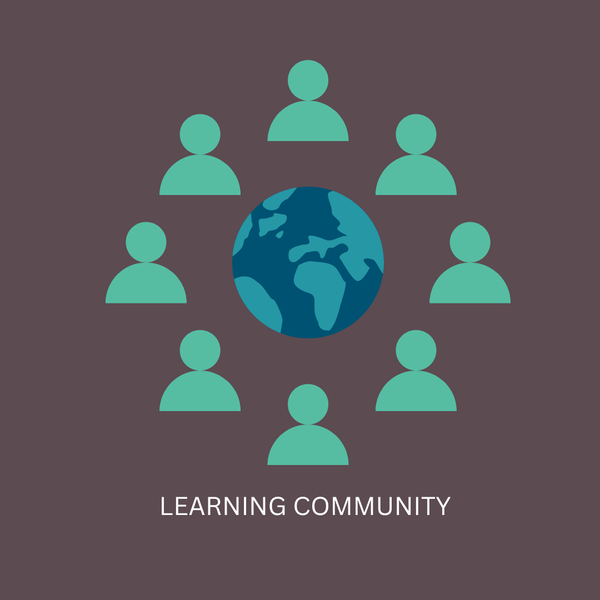What drives you to do the things you do?
When you wake up in the morning, what thoughts or feelings come up and how do they help or hinder you from putting your feet on the floor and starting the day?
When you are speaking with someone, what drives you to say the things you do? What feelings come up as you speak to specific people and how do these feelings help or hinder you from saying what you truly want to say? Are you clear about what it is you want from each interaction?
Perhaps more importantly, are you able to become aware of your thoughts, feelings and behaviors and adjust them according to how you want to experience life?
Awareness and flexibility are two key elements of wellbeing, performance, resilient relationships and mental health.
The clearer we are about how our thoughts interplay with what our senses are perceiving inside and outside of our body, the clearer we can become about whether we are using our thoughts and feelings in ways that SERVE us.
A CRITICAL force in our ability to use our thoughts and feelings to ENHANCE our life is tied to flexibility.
Two types of flexibility are particularly tied to positive life outcomes. Regulatory flexibility relates to our ability to adequately expend energy towards threats and opportunities. It means not over-reacting -- not allowing people and situations to tie up our attention and emotional responses in way that don't benefit us. It also means not under-reacting to situations that require more of our focus and energy. Cognitive flexibility is an emergent property of efficient executive functioning and is a component of regulatory flexibility. It allows a person to appropriately adopt and modify strategies according to constantly changing environments.
Something I cover in Season 1 Episode 5 on Self-Regulation is that everything we do is because we have an impulse that it will make us feel 'better'. And better is always relative. If we feel weak, oppressed, controlled, we may seek to feel powerful and IN control. If we feel disconnected from a sense of joy, we may seek to feel a sense of exhilaration.
HOW we achieve those internal experiences has effects on our trajectory for future situations.
Some strategies may be adaptive, some maladaptive. For example, in a search to feel powerful and in control, we may criticize and bully someone else into being submissive. In a situation where we are in danger, we may defend ourselves or exert power and control in various ways. In non life-threatening situations, we may use attunement to sense what outcomes could be beneficial to the other person and to us. In doing so, we may increase our power by becoming someone who is trusted and modeled after, and thus improve our status in the form of leadership and persuasion.
To feel exhilaration, we may turn to various experiences and adventures to expose our senses to novel stimuli. We may also turn to substances that trigger euphoria. Or we may seek to stay vulnerable and open to learning in a relationship dynamic where we have normally shut down, and feel exhilaration from masterfully navigating a conflict.
Our ability to engage or disengage in various strategies is a key to self-regulating and achieving our desired state. It helps for us to know what state we are trying to achieve, and whether our strategies help us do this efficiently, effectively and still benefit us in the long-term, rather than only in that moment (optimizing for long-term is another key of systems resilience and self-regulation).
What are the feelings you are seeking to experience in each moment? What actions are you taking to achieve that experience? Are there other ways for you to experience that same feeling? The larger the repertoire we have for (and willingness to experiment with) strategies for regulating our state, the better we get at navigating conflict (both internal and external), discomfort and opportunities for connection and thriving.
Our flexibility can be hindered by our past experiences
Our past experiences play a role in what we pay attention to in each moment as well as how we interpret and process information based on what is happening. Our perception of someone's facial gestures, voice, words and movements can be distorted by what mechanisms such as subcortical shortcuts and cognitive distortions.
What's important to know about all of this is that it IS possible to become more aware of our distortions and shortcuts as well as how we are interpreting and processing events and interactions. This understanding helps activate brain-body activity that can improve our regulatory and cognitive flexibility.
I'll be covering many of these topics and going into specific types of frameworks, and brain-body based mechanical explanations about our ability to regulate our emotions through our communication skills and understanding of attachment needs in my upcoming book and seminar series. Both of these will be available this October.
Seminar Series starting this October!
I'm very excited to announce that I'll be holding a monthly seminar series this fall! It will be a chance for people to come together over a 9-month period, one evening a month, to form a community of learners. It's a great way to build professional and personal knowledge of how to more deeply understand the human experience through the lens of neurophysiology, attachment and systems thinking. All of this in the presence of others who are wanting to enhance their knowledge of neuroscience.
I currently have two organizations with several members of their team joining me one Tuesday a month to learn about topics including neuroplasticity, childhood experiences, relational resilience and attachment.
The seminar series is open to individuals as well - while I highly recommend attending all 9 to gain that sense of continuity and community, each course can be attended on its own. We will have interactive exercises, an educational segment and short breakout groups for people to reflect on that evening's topic.
If you are an individual or part of an organization who want to update your understanding of human behavior and optimization, I highly recommend you join us. This is a unique opportunity to learn with a group of people from a wide array of professions, industries and backgrounds. Learning communities that come together in this way are a rare and vital part of innovative thinking and improving the mental health of society.
If you have a group of 5 or more people, please email me to get a coupon code for 20% off (25% for groups signing up for all 9 seminars).
If you are an individual who is signing up for all 9 seminars, please email me for a coupon code to get 15% off.
I'll be posting updates about this series, my book and my new free mini-book on my private Facebook community, Mindful Systems Change, as well in upcoming newsletters (so make sure you're subscribed!).
Seminar Topics:
Seminar 1 Neuroplasticity and Early Childhood Experiences.
Seminar 2: Emotion Regulation and Regulatory Flexibility
Seminar 3: Attachment, Attunement and Affiliative Hormones
Seminar 4: Distortions in Communication and Cognition
Seminar 5: What are emotions? A look at appraisals and coping
Seminar 6: Face-Voice-Heart Connections. Frequencies and configurations.
Seminar 7: 'Use your words': How language helps us regulate
Seminar 8: Empathy and Social Understanding. How human minds understand intentions and internal states.
Seminar 9: Relational resilience: how to use neuroscience to build thriving families, partnerships and communities.

Looking for an intern!
I am looking for someone to help me post about the Seminar Series, and also take a few key notes from each seminar in order to share with the group. I would be looking for someone who could post something a few days before each seminar, and then a short post following the seminar with key points of what was discussed. In exchange, they would be able to attend all my trainings for free and would also be eligible for a reference letter from me if applicable. This opportunity could lead to future opportunities with me as well.
If you know of someone who would be interested, please have them email me and include a resume and short paragraph about why they would be a good fit. Thank you!






